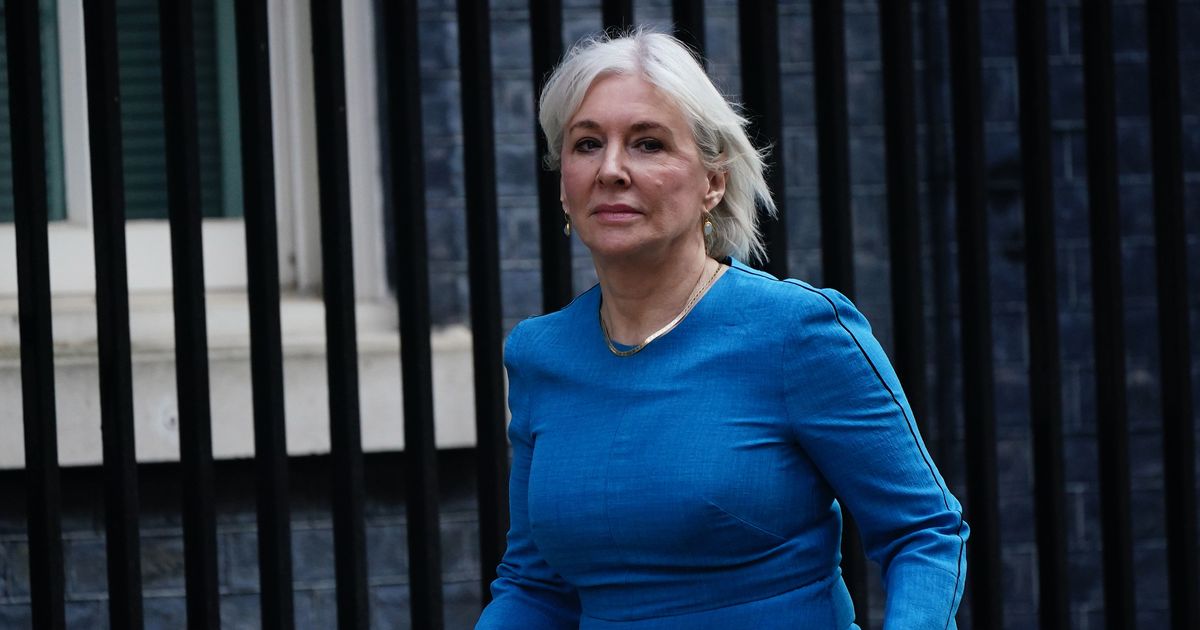According to studies that support the necessity of booster doses, the immunity offered by the Covid-19 vaccine from partners Pfizer Inc. and BioNTech SE dramatically deteriorates within months, with men having less protection than women.
According to a study of over 5,000 Israeli healthcare professionals, which was published on Wednesday in the New England Journal of Medicine, protective antibodies gradually reduced over the course of the six months following the delivery of the second dosage of the vaccine. The levels dropped initially quickly and then more gradually.
According to Gili Regev-Yochay, one of the study’s authors, scientists are attempting to determine the minimum amount of antibodies required to stop coronavirus infection, serious sickness, and death. According to the researcher, these investigations will aid in determining the risks faced by different groups and the protective actions that should be taken.
According to a study from the Sheba Medical Center in Ramat Gan, antibody levels were found to be lower in elderly persons than in younger people and in immunosuppressed people compared to the general population. Both at their peak and at the conclusion of the trial, men’s antibody counts were lower than those of women.
Regev-Yochay stated in an online news briefing that the discovery explains why those who have received two vaccine doses experience breakthrough infections. Israel’s decision to provide a third dose to the entire population would likely be followed by the U.S., which has limited its booster recommendation to older individuals and other susceptible groups, she said.
According to Regev-Yochay, I would be more than surprised if we did not start to see a lot of breakthrough infections in people who have only had two doses in the United States.
READ ALSO: Coronavirus LIVE: India records 22,431 cases, 318 deaths in the last 24 hrs
A second real-world trial from Qatar that was published in the same journal and revealed that the Pfizer-BioNTech injection lost its effectiveness over a comparable time span supported the Israeli findings. Protection decreased from 77.5% in the first month following the second dose to 20% in months five through seven.
The study discovered that despite this, the ability to prevent serious and deadly infections persisted throughout the trial period, peaking at 96% in the first two months following the second dose and maintaining this level roughly for six months.
reliable data
Laith Abu-Raddad, a coauthor of the paper and an infectious disease epidemiologist at Weill Cornell Medicine-Qatar, claimed that the results are reliable. Protection from hospitalization and mortality is much more robust and long-lasting than infection protection. According to him, administering a third booster shot improves the vaccine’s ability to protect.
Myocarditis cases, although rare, increased after receiving the vaccine, according to a study by the Israeli Health Ministry and Hadassah Hebrew University Medical Center, particularly after the second dose among young male recipients. Two additional Israeli studies that were also published in the journal followed up on early reports of heart inflammation. Although most cases were minor, one ended in death.
The largest healthcare organization in the nation, Clalit Health Services, conducted another study that revealed the expected incidence of myocarditis to be 2.13 cases per 100,000 people. Male patients between the ages of 16 and 29 had the highest incidence. The majority of cases were light to moderate.















